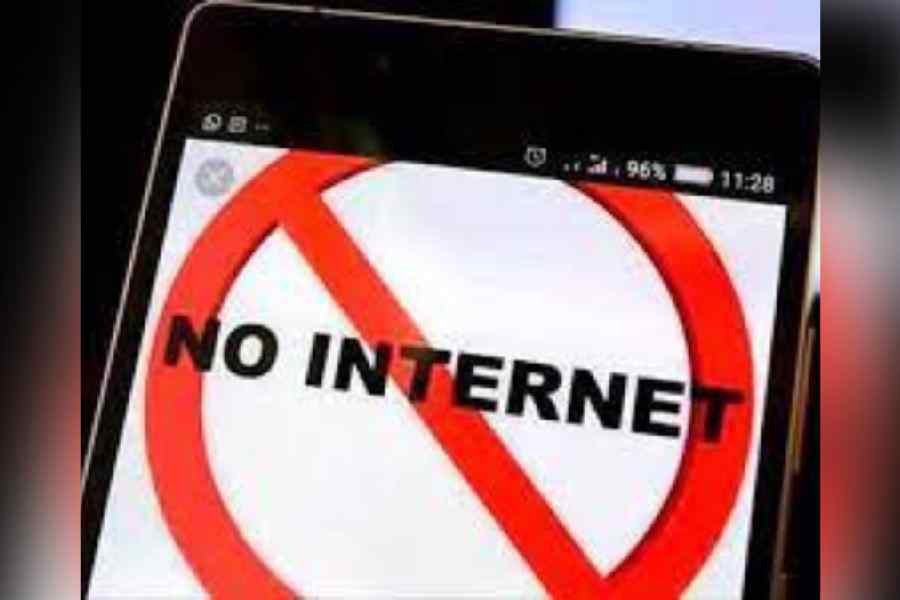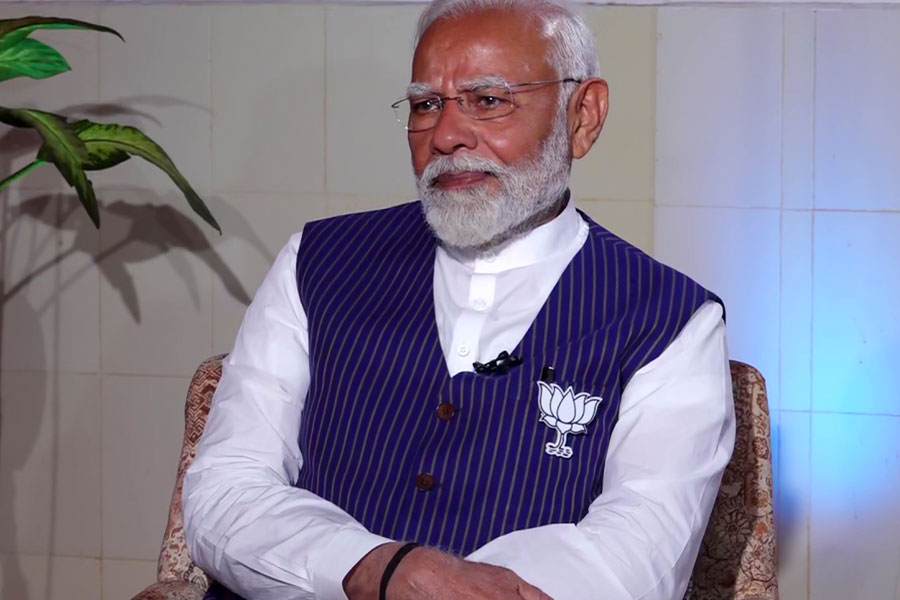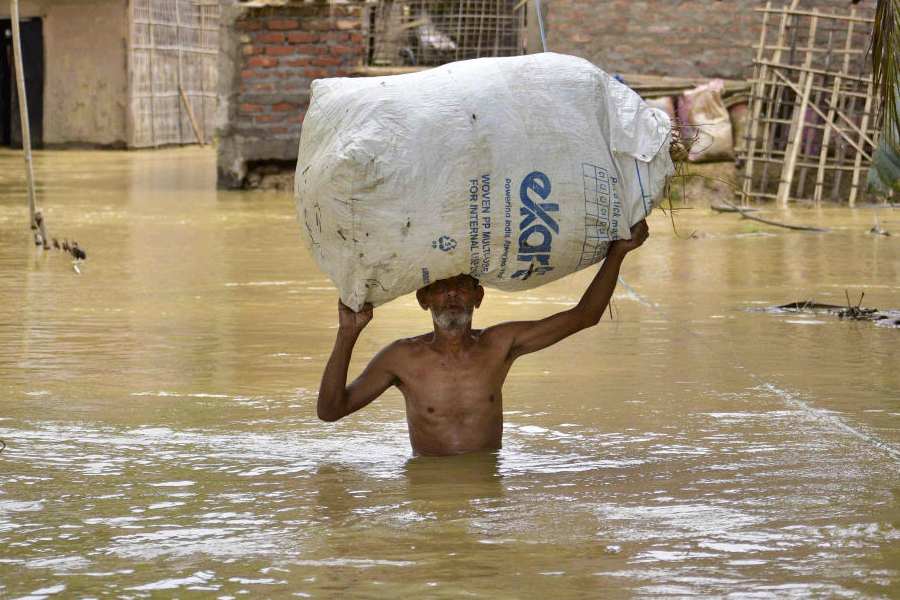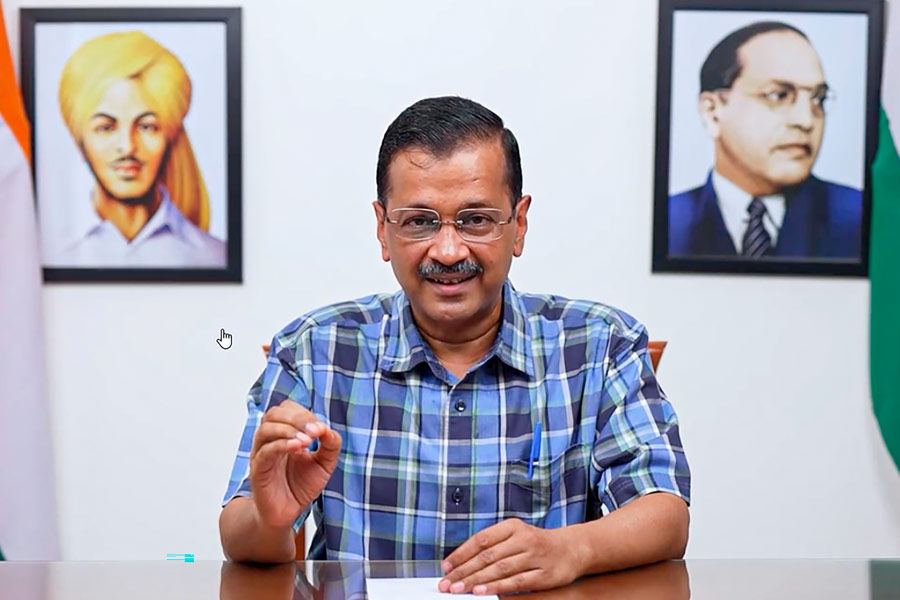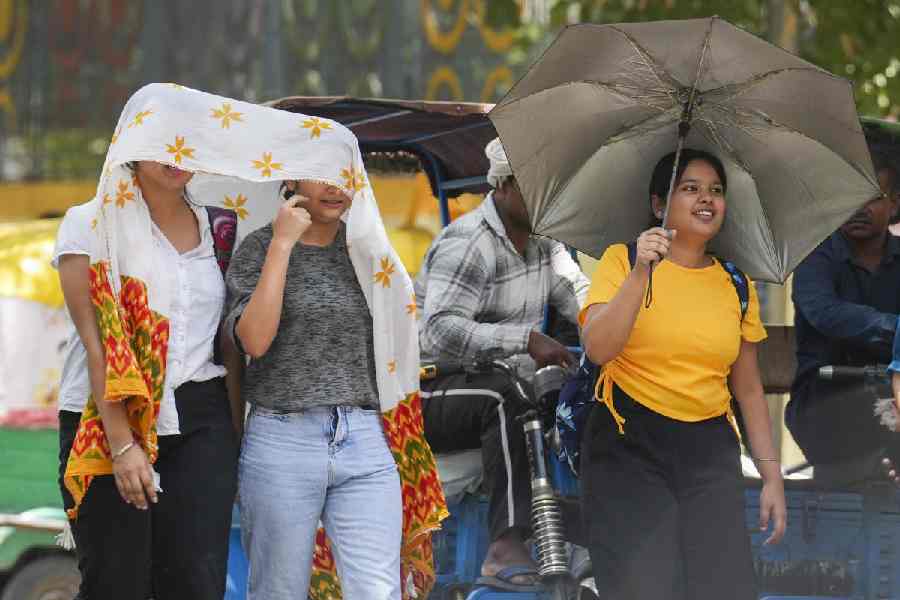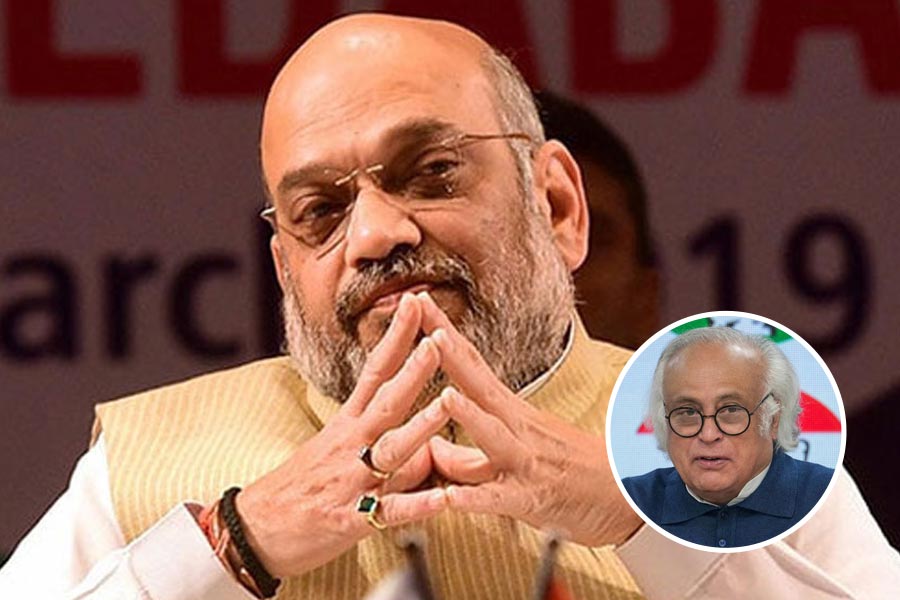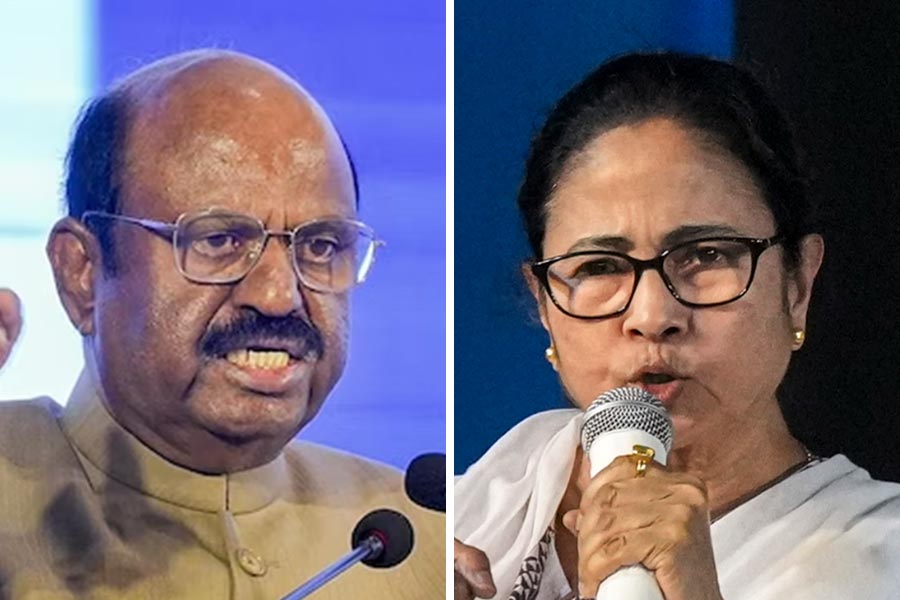India is the world’s leader when it comes to internet shutdowns — for the sixth year in a row — according to a report by Access Now, a global digital rights non-profit organisation. The country accounted for 41% of all the occasions when governments around the world turned off the internet in 2023. In all, more than half of all global internet shutdowns were attributed to India since 2017, according to the report. These numbers are a cause for deep concern: they tell the story of a democracy that is struggling in its responsibility to ensure the safety and the rights of its citizens without resorting to heavy-handed crackdowns. Such interventions invariably weaken civil society, stifle free speech and the unobstructed flow of information, and imperil the rights of the most vulnerable sections of society. They also reflect a breakdown in the State machinery’s trust in its citizens and in its own abilities to handle law and order crises without temporarily dragging society back to the pre-internet era.
The implications of internet shutdowns — maintaining security and law and order is often the fig leaf used for such mischief — can be wide-ranging. Jammu and Kashmir and Manipur are cases in point. The internet was switched off for months at a stretch in these two regions. In the case of Jammu and Kashmir, the clampdown followed the abrogation of Article 370, which granted the former state a special status. With Manipur, the internet was shut down amid deadly ethnic clashes in which more than 200 people have been killed since last May. In both cases, the decision to throttle the internet forced thousands of small, online businesses to stop functioning; some were forced to relocate to other parts of the country. Education, which today depends on internet access, was disrupted as well. The media, already under immense pressure from government authorities and armed groups over what they published in both Jammu and Kashmir and in Manipur, faced an existential crisis. The government argues that internet shutdowns help it stop the spread of misinformation and prevent troublemakers from organising violence. However, internet restrictions also mean that the victims of violence or those under threat, from either State or non-State actors, cannot share their fears or views with the rest of their community and the nation.
The information blackout that accompanies internet crackdowns also weakens the ability of citizens and civil society groups to hold the government accountable for the violations of rights. Incidentally, the judiciary and the executive are not exactly on the same page on this issue. The Supreme Court has in the past made it clear that it is uneasy about internet shutdowns and the opacity in the decision-making behind restrictions to access the internet. Yet, as recently as February, during the farmers’ protests in Haryana, the government had no qualms about throttling the medium. Such measures, rare in more mature democracies, are a sign of both the State’s insecurity and its belief that it cannot be held accountable for its actions. Neither of these augurs well for India and its democratic credentials.

